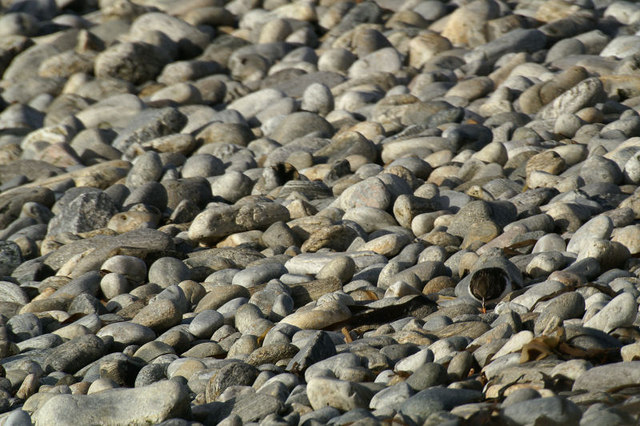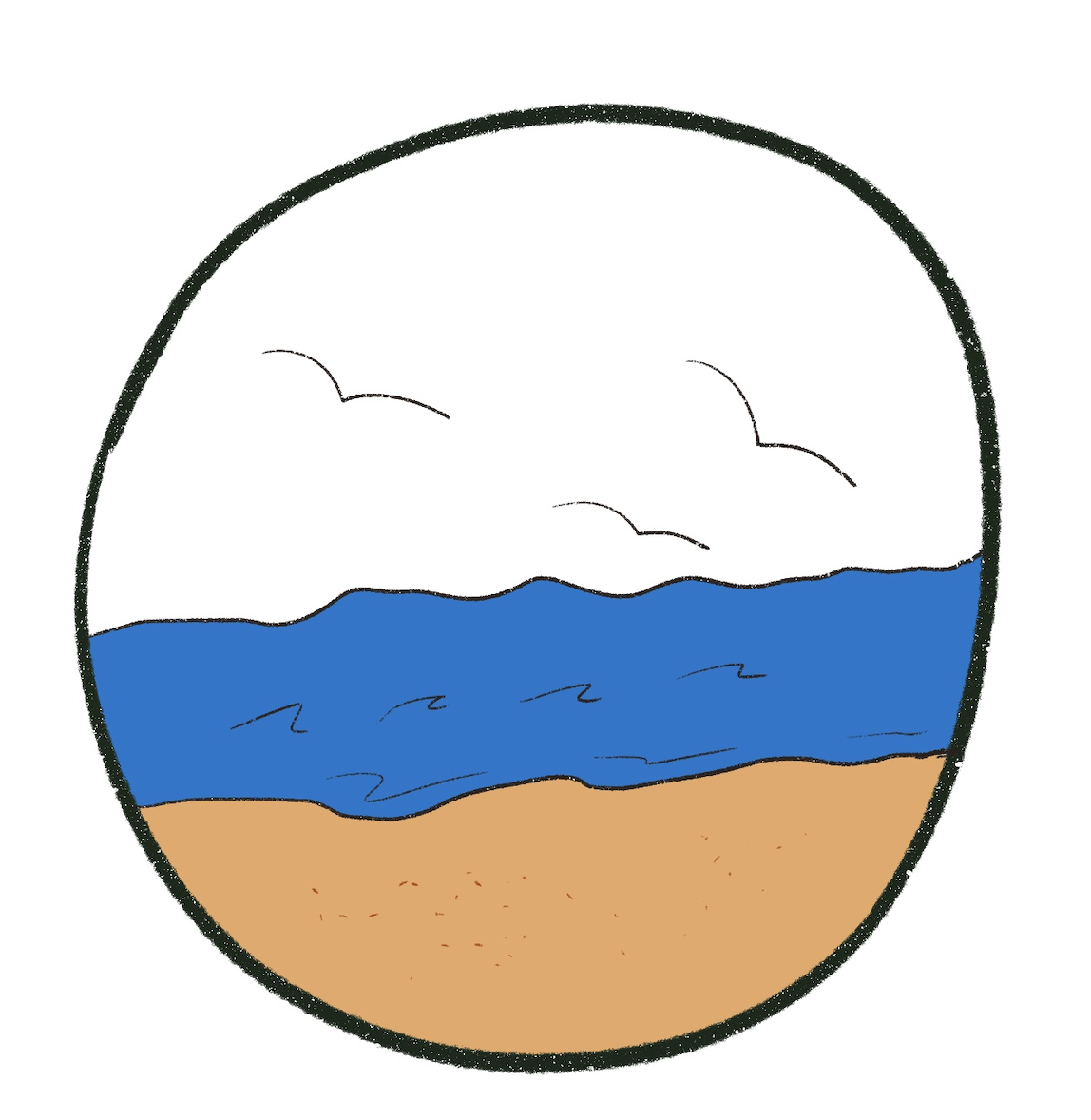Project Description:
ACTION aims to experiment with a smart sensing technology for coastal erosion exploiting the support of multiple user groups, targeting high school students in particular. The project exploits low-cost sensing devices, called Smart Pebbles, which can be used to study coastal erosion processes. These devices are basically real pebbles taken from cobble beaches and provided with sensing features.
Project Type: Kick Starter
Theme: Cities for Life, Coasts
Mentor: Patrícia Tiago
A CiTizen science approach for data acquisition on coastal erosION
The ACTION (A CiTizen science approach for data acquisition on coastal erosION) project focused on some research techniques, currently employed in coastal morphodynamics for the definition of the dynamic processes acting on coarse-grained beaches. The idea of the project was to translate these techniques into a set of activities to be carried out with the involvement of common citizens, with a particular focus on primary and secondary school students. The activities were carried out in two sites in Ireland (Sligo and Dublin) and one in Italy (Massa), involving different typologies of students (primary and post-primary students in Ireland and students from the Marble School of Carrara in Massa).


All the activities were focused on the implementation of the so-called Smart Pebble technique, which involves the use of RFID transponders (i.e., small antennas used in everyday applications as smart labels) inserted inside common pebbles taken for the beaches under study. These transponders allow us to unambiguously localize and recognize each of the marked pebbles.
The students were involved in every phase of the experiments, from the preliminary measurements and the preparation of the tracers, to to their positioning on the beaches and their subsequent recoveries. Following every pebble recovery, a number of measurements were carried out, acquiring information on displacement and morphological and volumetric variations. These data are of crucial importance to achieve a broader knowledge about the dynamic processes acting on the beaches and to better understand the overall phenomenon of coastal erosion. The importance of the project results is not only scientific: the outcomes of the data analysis may lead to improvements in the design of coastal defence structures. Similarly, a third crucial outcome is the social one: indeed, by directly involving younger generations in the experiments, it was possible to raise their awareness of themes like coastal erosion and global warming.
The support of the IMPETUS team was crucial in the design of the activities. Indeed, the team involved in the project, despite being multi-disciplinary, did not have any experience in citizen science. The support of the IMPETUS team provided a clear overview of aspects related to inclusivity and gender equality, as well as the legal issues that should be taken into account when performing this kind of activities. The involvement of the students in all the research activities proved to be extremely successful, with a reduction in the timing of the operations and a capillary scanning of the beach thanks to the large number of involved people as well as to their enthusiasm.
Since any Smart Pebbles experiment has its bottleneck in the initial phase, when the hardware has to be prepared and the Smart Pebbles realized, now that the tracers have been positioned on the beach the activities are not planned to stop. Indeed, after the final recovery, all the collected pebbles will be re-positioned again, and further localization campaigns will be carried out in 2024, with the aim of collecting a number of datasets to fully trace the pebbles evolution across a period which will be by-far larger than the one foreseen in the ACTION project.



